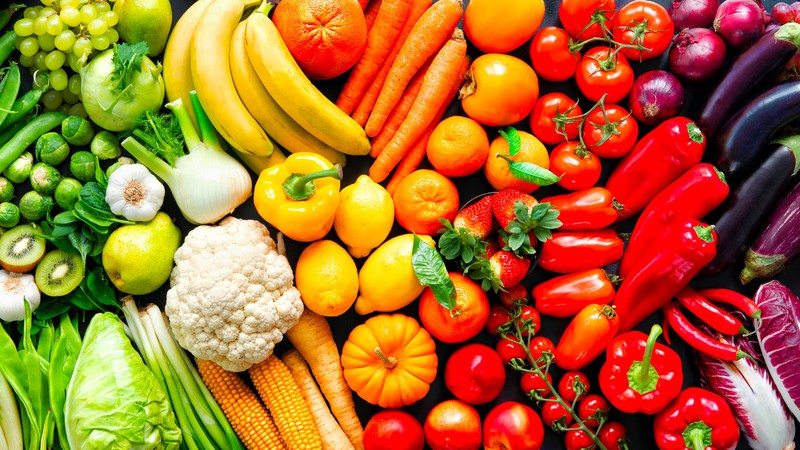Small stores that serve low-income food are selling more fresh fruit and produce

Alexander Raths Shutterstock.com
A sign of income inequality in California is how hard it can sometimes be to find fresh fruit or produce in low-income areas. While poor and working-class individuals might have no shortage of fast-food options in their neighborhoods, they might wind up paying more for healthy groceries, if they can find them.
There are signs, though, that things could be changing.
Capital & Main has a fine story published Dec. 27 about La Placita Oaxaqueña, a corner store in Los Angeles that has been expanding its array of fresh fruit and vegetables.
The reporting included a sales breakdown from owner Emilia Lopez, with the article noting:
“In a dense, urban neighborhood a mile’s walk from the closest full-service grocery store, Lopez has sold more than $400,000 worth of produce—more than 60% of her annual sales. And it isn’t yet Christmas, the biggest sales day of the year.”
The article also notes the work of other groups, including the nonprofit Los Angeles Food Policy Council, which supports merchants like Lopez and urban farms; and the U.S. Department of Agriculture, which has stopped using the term “food desert” to refer to areas that merchants like Lopez serve and instead favors the phrase “food apartheid,” calling attention to more deeper and systemic disparities.
It's a thought-provoking read, all in all.
Read the article “Working to End ‘Food Apartheid’” on CapitalAndMain.com.